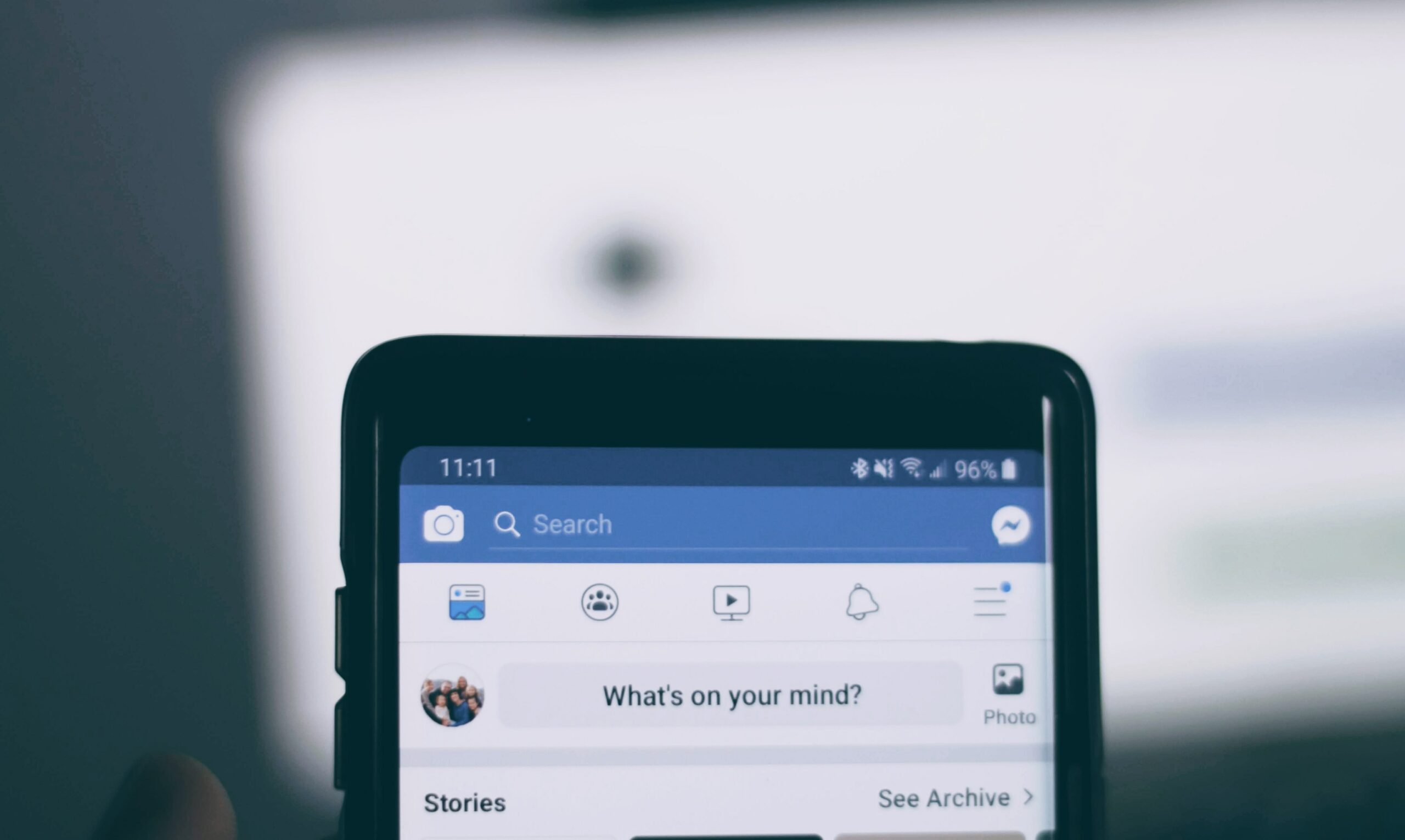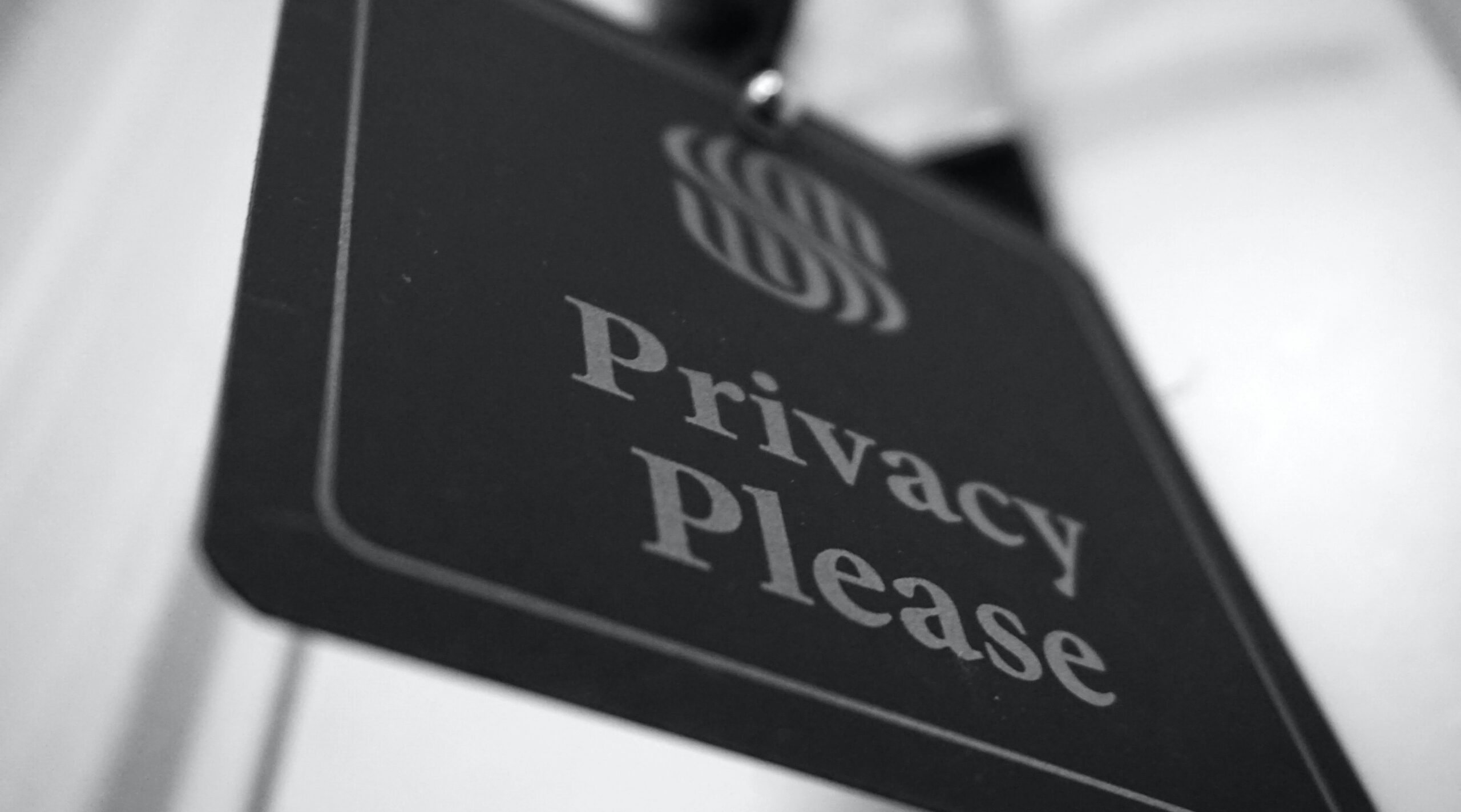I am learning to play guitar. However, I am not playing guitar for people. So, except for my good lady wife, no one gets to hear my latest Pink Floyd cover. That’s because we do some things in private that we don’t want other people to see.
However, when it comes to privacy, we have very little of it these days. Someone is watching every move we make online, in our conversations near AI, and even from the patterns of our robot vacuums. The more you know, the creepier it is, from a personal perspective. So, if you collect data about your customers that they assume is private, there will likely be poor implications for your Customer Experience.
We discussed privacy, or rather our lack of it, on a recent podcast. Many of you might know that I am a proponent of using the data you have on customers. We often encourage organizations to use the information they have collected about customers to profile their preferences and anticipate their needs using Customer Science. In short, we think profiling customers based on their data is excellent from a business perspective.
However, when you look at it as a consumer, you have a different feeling about it. First, you wonder how they are collecting it, what they are doing with it, and how they keep it safe? Then, after that, you wonder why do they need all that data? So the more you think about it, the more concerning it can feel.
The Psychology of Privacy
A couple of different theoretical frameworks surround the psychology of privacy. On some level, needing privacy is universal for people. However, how much privacy is on a continuum. Some need more; others need less. Also, each of us has an internal self and then an external self. You might have heard someone describe the different faces that we put on for people. What we mean is that we act differently around a client than our buddies at the pub. In some sense, that’s another form of privacy or of protecting information about yourself.
So, we all need at least some level of privacy. Psychologists measure these levels counterintuitively, calling it self-monitoring. So, if you care what other people think about you, you have a high self-monitor. If you don’t care, then you have a low self-monitor. Either way, we want to protect some parts of ourselves in some situations and around some people.
The amount that we want private is also a bit generational. People who grow up with digital and social media have different levels of need than older generations. That isn’t to say young people don’t care about privacy because they do. However, they care about it differently than older generations, who mostly like to play their lives a little closer to the vest.
Giving it Away for Free
Glenn Greenwald, lawyer, author, and journalist did a Ted Talk, “Why Privacy Matters.” He makes the case that we would not even consider giving it to them if someone asked for your ATM card and PIN. However, we provide organizations a tremendous amount of information in exchange for the use of their products. You might have heard the saying, “If you are not paying for it, you’re not the customer; you’re the product being sold.”
Apple has a new feature, the App Tracking Transparency, which stops apps from tracking you. When you download the latest software, you get the option to allow apps to ask to track you or not. I started playing with it and quickly learned that six apps were tracking me, and I wasn’t aware of it. Moreover, they track lots of my activity, not just on their app but elsewhere on the Web. They have been doing it for years, long before Apple forced them to disclose it. Two that surprised me were:

We use Alexa, Siri, and Google Home. They are all picking up information about us. However, I am not that worried about it. (Although now, I wonder if I should be more than I am?) Not only do I talk to it, but I also use it to do things around the house, like turn on the lights and other stuff like that. It didn’t cost much, either. Amazon spent a lot of money to develop that AI for me to use, and at $50 for the device, it’s clear I didn’t pay for it. So, I view it as an economic transaction. I get value out of Alexa; Amazon receives information about the Shaw household. (Of course, that’s my view. I’d love to hear yours in the comments below.)
If an organization wants to collect data about you, they should have to ask. Plus, they should have an option where you subscribe to the service for a fee, and in return, they won’t collect data about you. or something like that. That arrangement would be more transparent and permissive than what we have today, and it’s the transparency that is missing.
For me, it’s been a surprise about who is tracking me. It’s not to say that I wouldn’t carry on using some of these apps. If there were more transparency, it wouldn’t feel so sneaky. Plus, they would then also be in a position to disclose why they collect the data. In some cases, the organization might not even know why. They might have just added it in because they can, but they aren’t doing anything with the data. The reverse will likely be true, also. It might prove to be helpful that they want to collect the data.
Not the carpet robots, though. Did you know that when you agreed to the terms and conditions (you know…that small type screen you scroll through as quickly as possible and accept?), you agree to let them map the interior of your house? So they’re mapping your home!
Social media is another group that bothers me with its data collection. I used to use Facebook. I no longer do because I felt like it was too intrusive. Well, it was one of the reasons. Another reason was some of my friends’ views on life, but that’s another story. Some things you don’t want to know about your friends and their opinions. In times like that, we all wish there was a bit more privacy.
Also, I have been moving away from Google Chrome, using a new browser extension called Duck Duck Go, which is an internet privacy company. The browser is designed to protect users’ privacy.

So, What Should You Do About Your Customers’ Privacy?
Like it or not, there is likely to be a reckoning about collecting consumer’s data. Just like the “No Call List” legislation that stopped our landlines from ringing all night with telemarketer calls, there could be a “No Data Collection” law that descends from the mighty halls of government. So what should businesses do about it? We have a couple of suggestions:
- Give customers a choice. Set the customer expectation that you will collect their data, given their permissions. Then, let people choose. People will probably decide to give the data because it’s not going to cost anything. I am aware of the duplicity here. On the one hand, I talk about the importance of customer segmentation. I encourage gathering the customer data and using it to anticipate their needs and improve the Customer Experience. However, I also think you have a responsibility to tell customers what information you are gathering.
- Know the boundaries. Imagine that you were dating someone and the relationship was new. Let’s say their birthday was coming up, and you wanted to get them a gift that would make them happy. Now, you could ask in conversation about their interests and see what they say, or you could sneak into their home through an open window when they are away to see what they like. Which option seems in-bounds and which one doesn’t? The same is true in business. If it feels like you are sneaking through customers’ open windows to get the information, you probably should change how you collect data about them.
- Get ahead of the problem. The days of grabbing up whatever data you can on the customer will end at some point. The earlier you can make a plan for this, the better. So, if your business model relies on collecting lots of data from customers, you should plan for how to stay in business once you have to disclose that to them.
- If you don’t use it, don’t collect it. In the cases where you are collecting the data but don’t use it for anything, we suggest you stop now. When the big hullabaloo starts about unnecessary or inappropriate data collection, companies that engage in it will likely experience a PR nightmare. Is it worth the cost to your brand promise and reputation to risk it for data you don’t even need or use? Moreover, what if there is a data breach? Better not to have it than to have it and not keep it safe.
Privacy is something we all need, and few of us are getting it. As an organization, I encourage you to approach your data collection policy as you do with all things related to Customer Experience, with the customer at the center of everything you do. If you collect data about customers, make sure that you use it to do what is best for them, not you. Perhaps most importantly, be candid about it. No one likes a sneaky brand that is poking around in their business uninvited. Let customers decide what you can and can’t collect about them. It will not only build trust, but it will also keep them giving you the most critical data of all: their annual sales volume.



